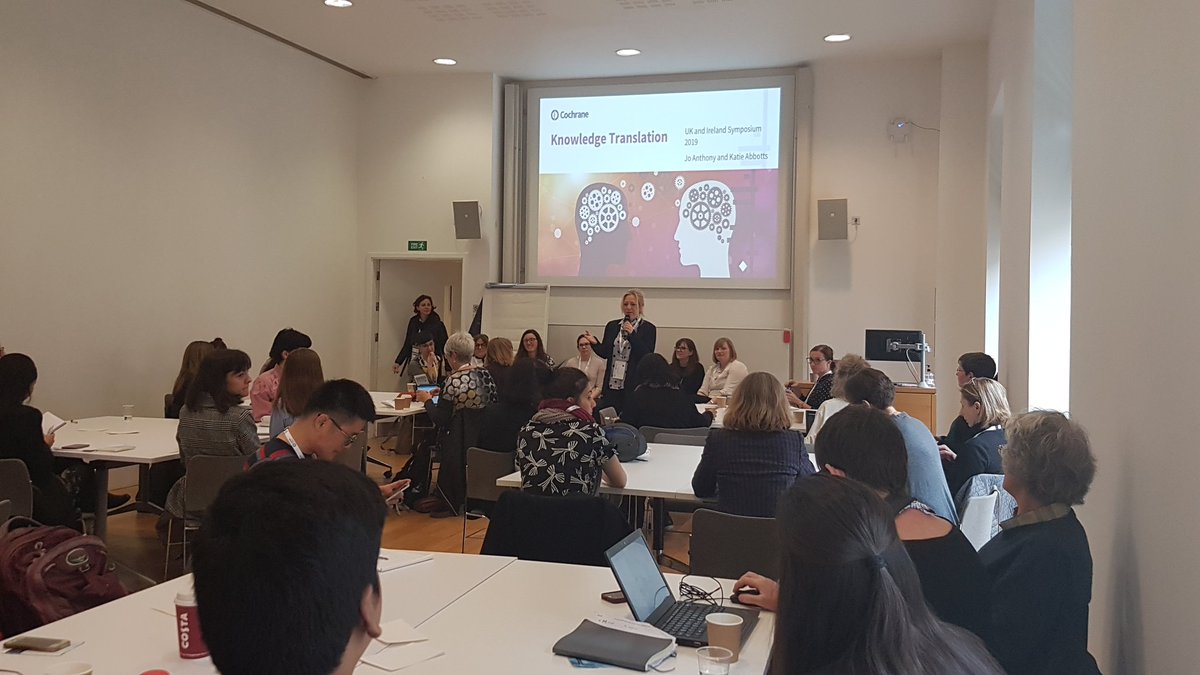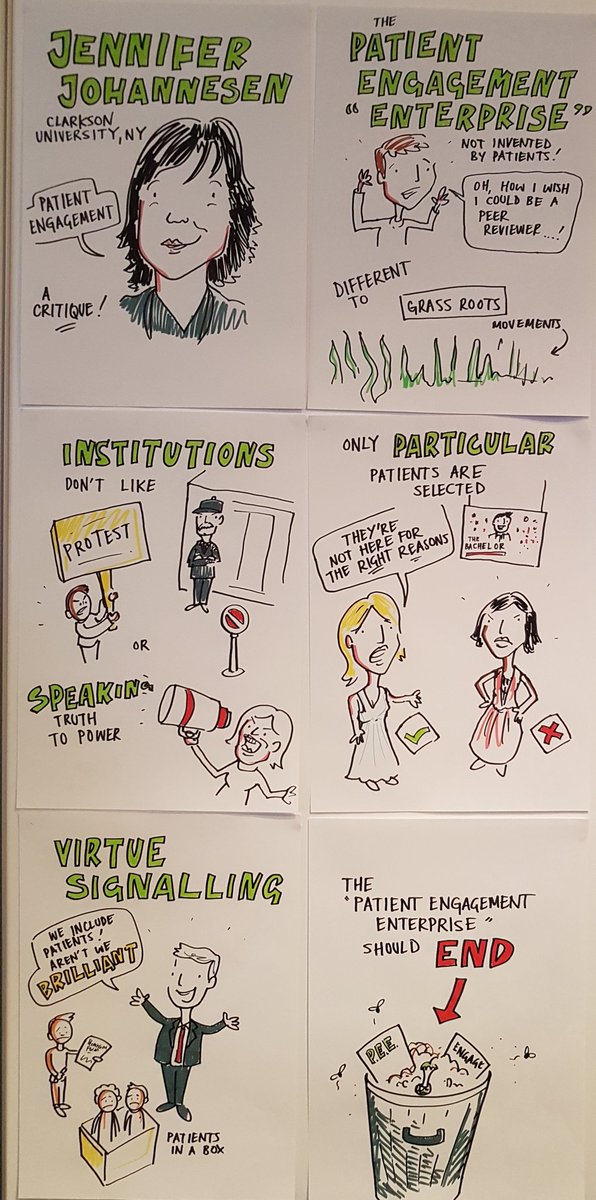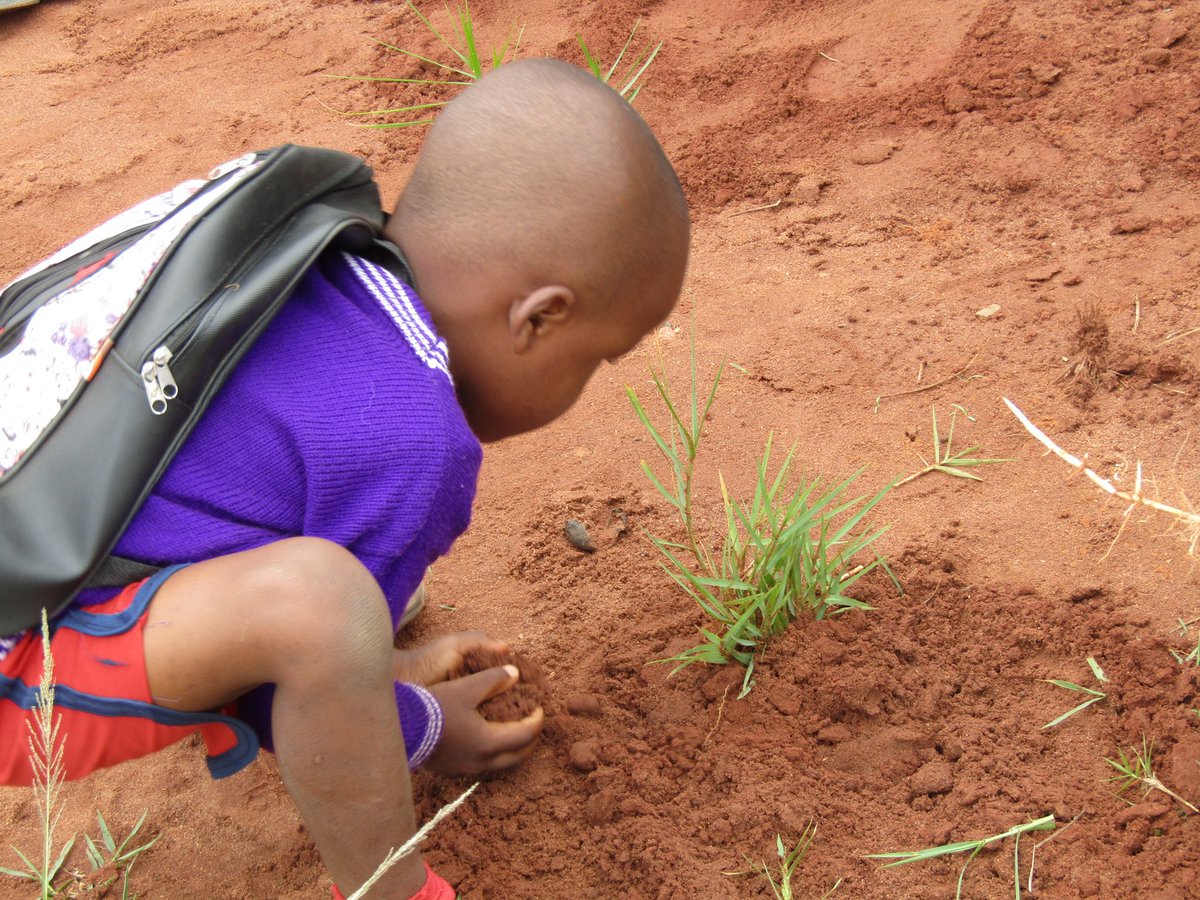2) get to know your pt before they develop delirium; then, you're their 'familiar (saviour) friend' when they do
3) if they have a pet, record the name, & ask after them *by name* each visit
5) in pts with recurrent unexplained falls, check for peripheral neuropathy - stocking distribution ⬇️pinprick sensation v common!!
6) 10% of pts with transient LOC *deny* LOC (from tilt test data)
8) 'Variance increases with age' (via @ProfRayTallis!)
9) we systematically underestimate renal function in little older female pts (esp using eGFR)
10) often doing nothing is the best policy
I am determined
You are difficult
S/he is obstinate
12) from Atul Gawande:
a) what's your understanding of where you are in your illness, now?
b) what do you hope for?
c) what do you fear?
d) what outcomes unacceptable?
a. What benefits from this Rx
b. What risks?
c. What alternatives?
d. What if we do nothing?
14) what is the pt's ecosystem (priorities; support - formal & informal; idiosyncrasies)?
15) do everything possible to sustain it!
17) 1st thing to do on diagnosing dementia is discuss LPoA, & advance directives (document pt's priorities)
18) address symptoms always, abN results occasionally, risk factors rarely (depends on pt's priorities)
20) arrange the team's day around the pt's if poss, not vice versa
21) manage relatives' expectations: "Hope for the best, but be prepared for the worst"
22) we greatly overuse drips & catheters in older pts
...that is the starting point for everything! 😊
...as the pt gets older, the ratio of art:science increases; experience, gut feeling, & wisdom increasingly trump knowledge
...it usually helped to ground me 🙂




















